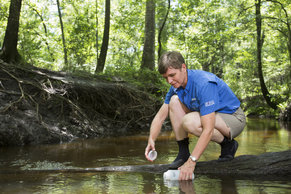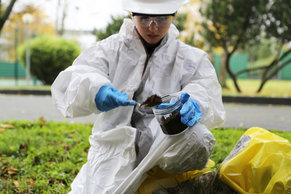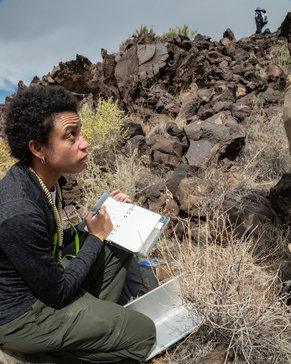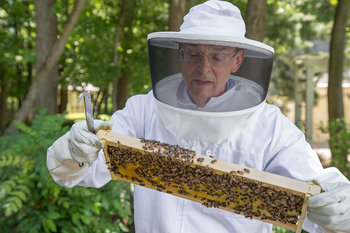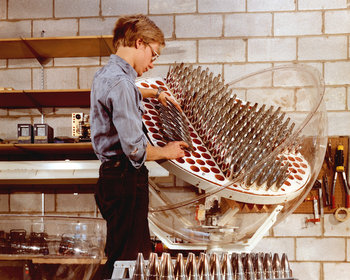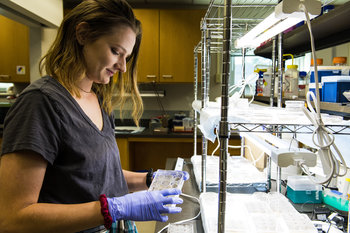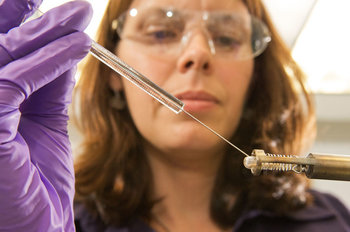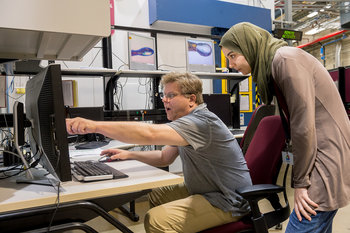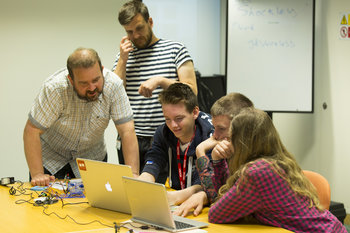
Independent Variables
An independent variable is a variable that is changed as part of an experiment. This can be thought of as the test variable. As the name suggests, the independent variable is ideally designed such that it isn't influenced by the other variables in the experiment.Dependent Variables
A dependent variable is a variable that you predict will change when you change the independent variable. This can be thought of as the results of the experiment.Extraneous Variables
An extraneous variable is an undesirable variable that influences the outcome of an experiment but isn't of interest to the research.Situational Variables
A situational variable is an aspect of the environment that may influence the experiment. For example, air quality in a health related experiment.Subject Variables
A subject variable is an characteristic of subjects being studied in an experiment. For example, the gender of individuals in a health study. Also known as participant variables.Blocking Variables
A blocking variable is a characteristic of the people conducting the experiment. For example, a plant-based experiment where one researcher is an accomplished gardener and other is terrible with plants.Control Variables
A control variable is an extraneous variable that you hold constant to produce a valid experiment.Uncontrolled Variables
Extraneous variables that are uncontrolled in your experiment. For example, a health study that doesn't control the diet of participants.Confounding Variable
A confounding variable is a variable that influences both the independent variable and the dependent variable. For example, stress may make people smoke more and also directly impacts their health.Example
An experiment designed to determinate the effect of a fertilizer on plant growth has the following variables:Independent VariablesFertilizerDependent VariablesPlant height, plant weight, number of leavesExtraneous VariablesPlant type, sunlight, water, temperature, air quality, windSituational VariablesSunlight, water, temperature, air quality, windSubject Variables[None, only applies to humans not plants.]Blocking Variables[None, only one researcher involved]Control VariablesPlant type, sunlight, water, temperature, windUncontrolled VariablesAir qualityConfounding VariableThe fertilizer is water soluble. As such, over watering could cause the fertilizer to run off and would also impact plant growth. This is controlled by watering plants moderately such that there is no runoff.| Overview: Experiment Variables | ||
Type | ||
Definition | Factors that influence an experiment or that are of interest as a result. | |
Related Concepts | ||

